“An Inconvenient Newspaper” is an essay about the recent closure of the Buenos Aires Herald, a paper that wrote against the Argentine military dictatorship, in English, in the 1970s and 1980s. The Buenos Aires Herald closed in July, just as an Argentine indigenous rights activist disappeared. The full profile of Robert Cox, the director of the Herald, was published in a Portuguese translation in issue no. 133 of the Brazilian magazine Piauí, released in October 2017. This English translation is an abridged version of the original Spanish article by Josefina Licitra.
“Any news?” That’s how Robert Cox greets me. He says “hello” and “nice to meet you” with an affectionate kiss on the cheek. But in the following sentence he always probes for the unexpected, for the possibility of news. It’s 10 a.m. on a Thursday and Cox looks like he just woke up. His eyes are still sleepy and his white hair finger-combed.
“Not that I know of,” I reply.
Cox makes coffee in the kitchen and brings it to the living room: a pleasant space scattered with paintings, family photos, and other decorations. He lives with his wife, Maud Daverio, in Charleston—in the United States—but also keeps this old, elegant Buenos Aires apartment, which he visits every year. This is where he lived after getting married, in 1961. This is where his five children were born. This is where he lived when the Buenos Aires Herald, the English-language newspaper that he directed from 1968 to 1979—one of a kind in Latin America—became the Argentinian publication that spoke out about human rights violations during the last military dictatorship, at a time when no other media institution would. And this is the place that he had to leave when a series of threats—also directed against his wife and one of his children—forced his family into exile.
Cox looks through the voile curtains. Outside the window is a narrow street lined with the pompous buildings of the Recoleta neighborhood, one of the most European areas of Buenos Aires. “I don’t know what happened with Santiago Maldonado…” he says, and clicks his tongue with an audible tsk. “Still no news? Weird.”
Santiago Maldonado is—was?—an artisan who supported the struggle of radical indigenous groups that reclaim land in Patagonia. This past August 1st, after a protest that stopped traffic, he disappeared in the middle of a confrontation with the Gendarmería—border officers. Some say that the police arrested him and accidentally killed him through the use of excessive force. Others say that there is no evidence to show that the government was at fault—and to this day there still isn’t—but they also can’t come up with a different explanation for his disappearance. Since then, demands to find Maldonado alive—or to find him at all—have deepened the divisions between Argentina’s governing party and its opposition. While the government refers to Maldonado as an “artisan,” kirchneristas and left-wing parties call him a desaparecido—one of the “disappeared.”
That term, in Argentina, dredges up the history in which Robert Cox was involved.


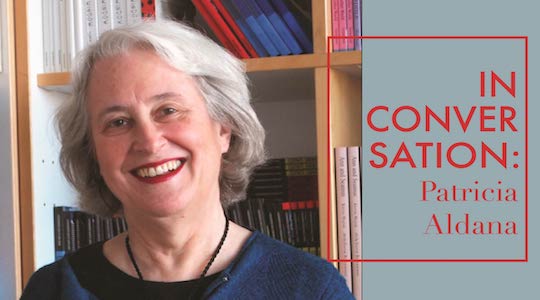

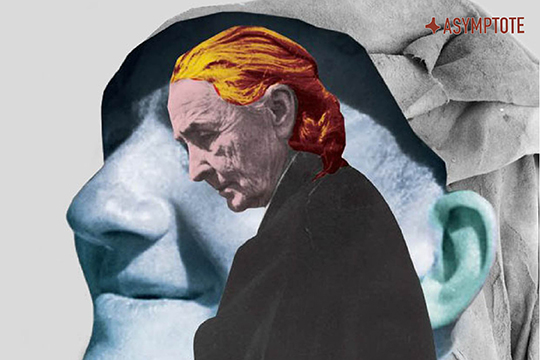
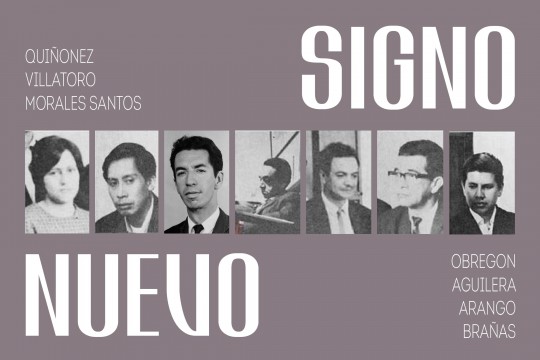
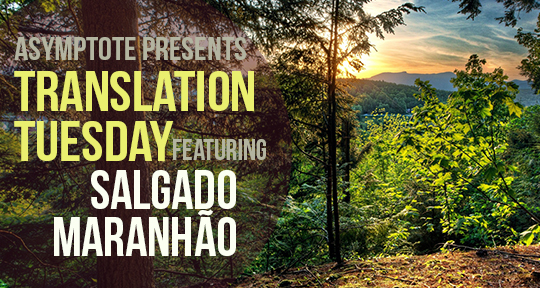
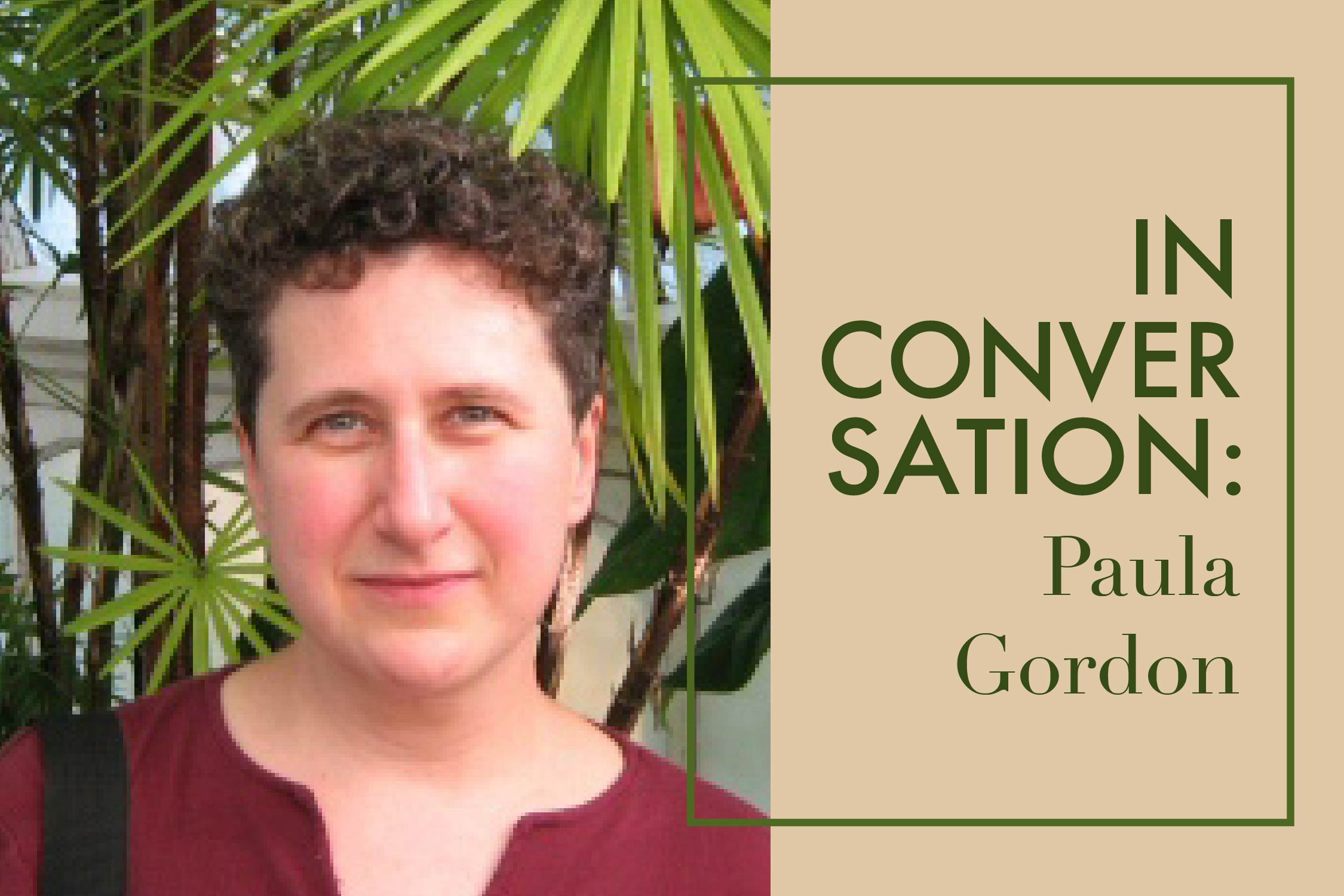


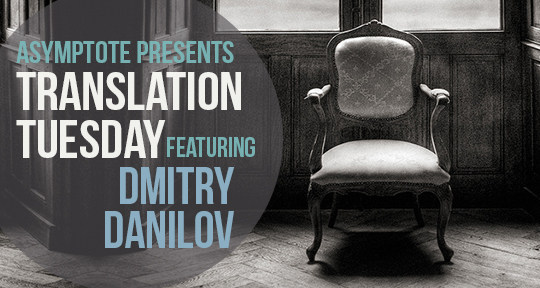
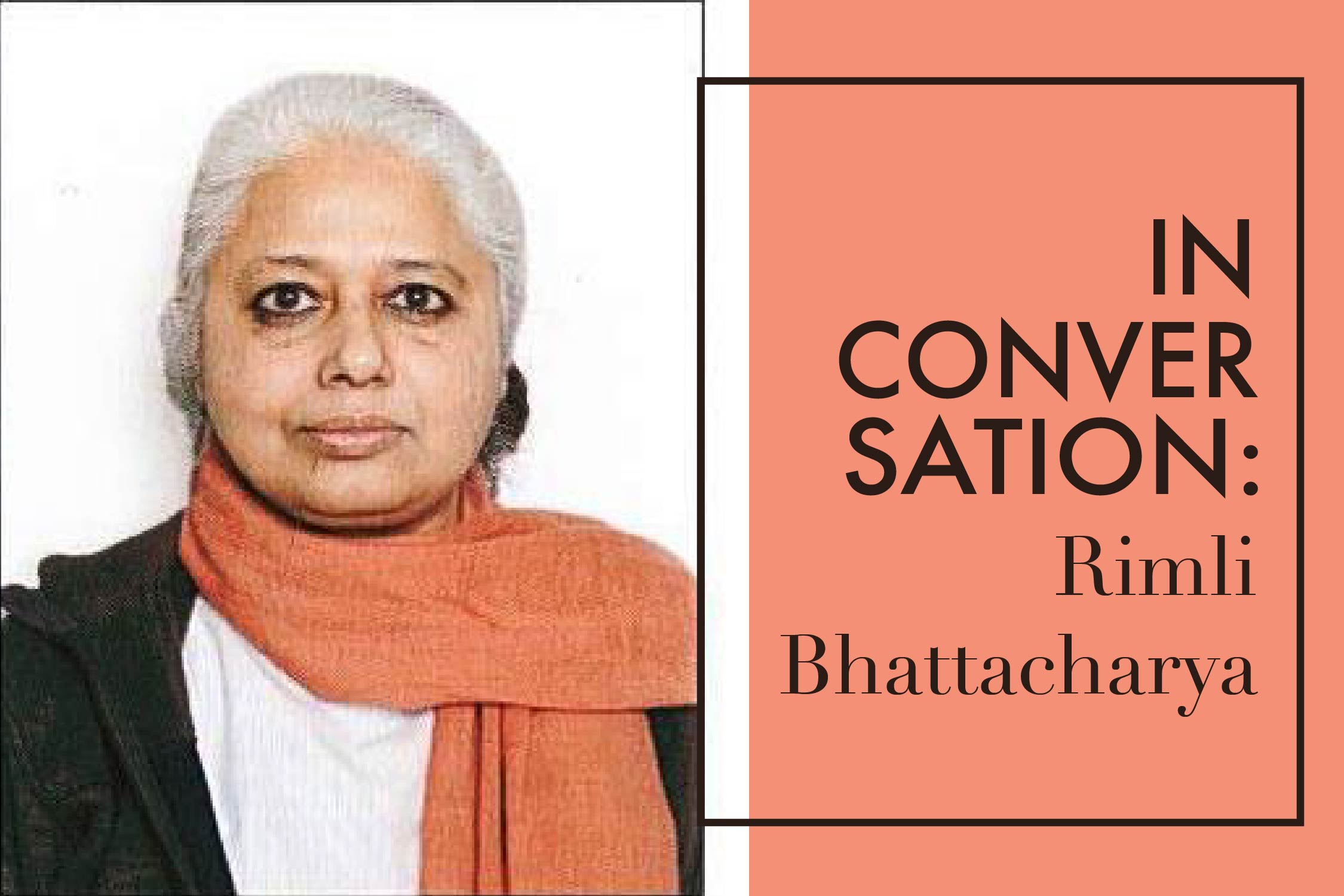
Translation Tuesday: “The Results” by Bernard Comment
"Jealousy is always a weakness, an uncertainty, a lack of confidence, every other person is a competitor, a threat."
On a check-up at a health clinic, a father and husband’s interactions with doctors are punctuated by reminiscences of love and lust for his wife. Gradually, we learn of a chilling act of violence, which leads the protagonist to a twisted reckoning with his mental and physical condition.
It’s cold. A cold that bores into you, that hasn’t let up for days, despite the big woollen jumper I never take off, even at night. Carlo tells me I should take it off for sleeping, and wrap myself up well in the blankets, so that when I get up I would add a garment to make up for the change in temperature, but one evening I tried this and my teeth chattered all night. The other men I see at lunchtime don’t seem to suffer, there’s even a guy who always walks around in a T-shirt, but admittedly he’s a burly fellow, well-padded against the cold.
The doctor made me go back to him this morning, after fasting, he wanted to do further tests, two whole syringes filled with blood, I asked to lie down because I’m always afraid of turning to look, and it’s much worse if you get to see it. The nurse smiled, although I couldn’t tell if it was from pity, sympathy, or scorn. She had difficulty finding the veins, it’s always the same, I begin to tense up, to sweat at the temples, I become dizzy and pale; when I was a teenager I passed out each time, and once I fell backwards and hit my head on a sink, was sent straight to hospital for a battery of tests, a lumbar puncture, and an idiot teacher spread it around that I’d taken an overdose, me who’s never touched the tiniest amount of an illegal substance, for fear of my reaction, and my scrupulous respect for the law.
When I had the first tests, eight months ago, the lady in the laboratory was very considerate, settling me into an armchair and telling me to look away, and to think of something pleasant; so I thought about the film I’d watched the night before, with Julie, her warm body, her breasts in my hands, her smell after making love. Then it was finished, and already I had a piece of cotton wool and then a sticking-plaster on top, whereas here everything is rougher, more brutal. I’ve been waiting for twenty minutes, standing in front of the grey door. They came to get me around six o’clock. Immediate appointment. Everything moved fast, then the iron door in the corridor clanged shut behind me, with a heavy ringing sound, and since then, nothing. The doctor must be on the telephone, I hear his voice at times, a powerful, raucous voice, but I don’t understand what he’s saying, the rooms are well insulated. I’d love to smoke a cigarette, it’s what I’ve been brooding about for a full five minutes, it’d do me good, would relax me, smoking a cigarette.
READ MORE…
Contributors:- Bernard Comment
, - Carolyne Lee
; Language: - French
; Place: - Switzerland
; Writer: - Bernard Comment
; Tags: - clinic
, - condition
, - family
, - french
, - health
, - hospital
, - love
, - lust
, - marriage
, - Short Story
, - Swiss